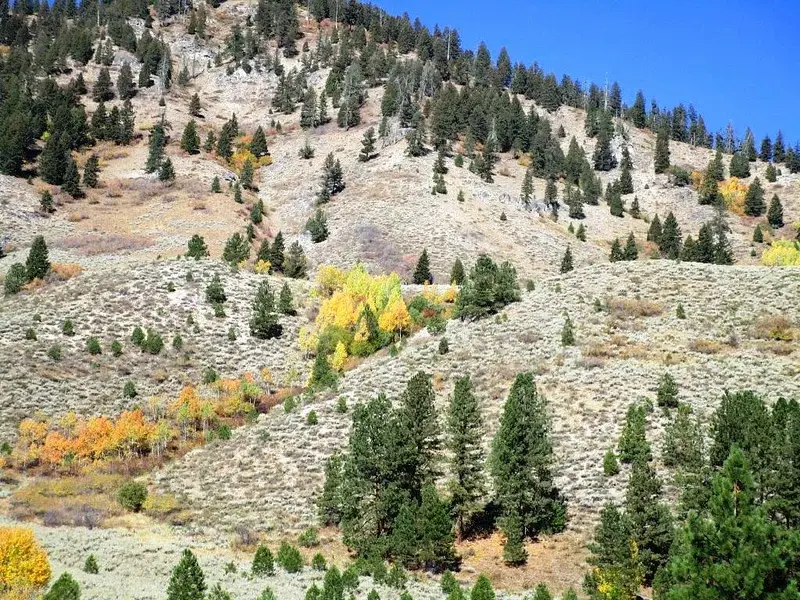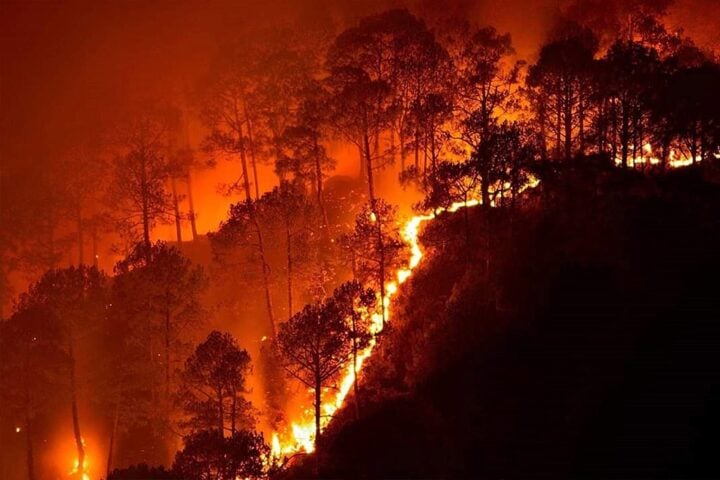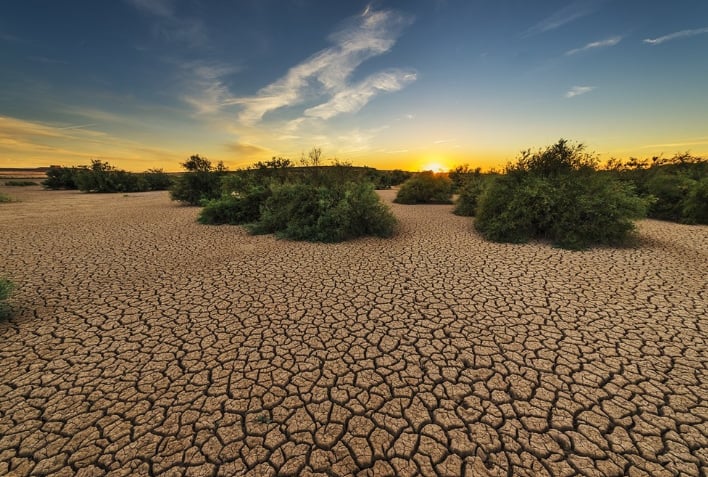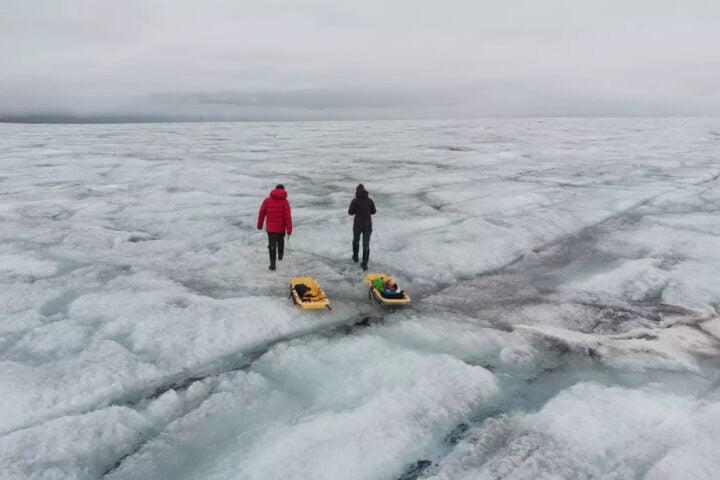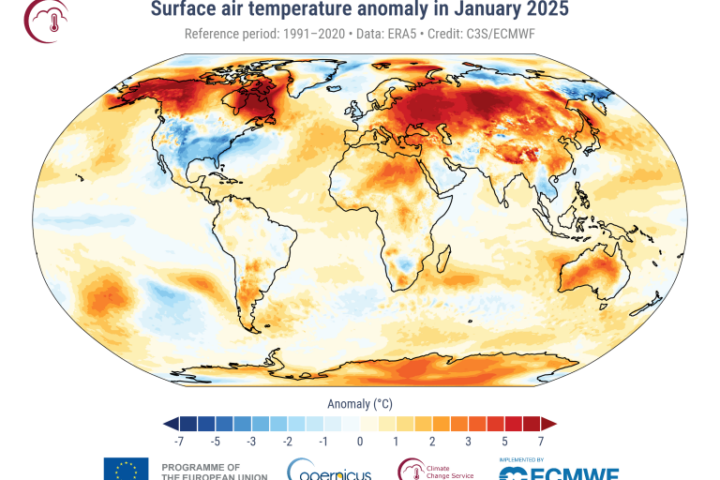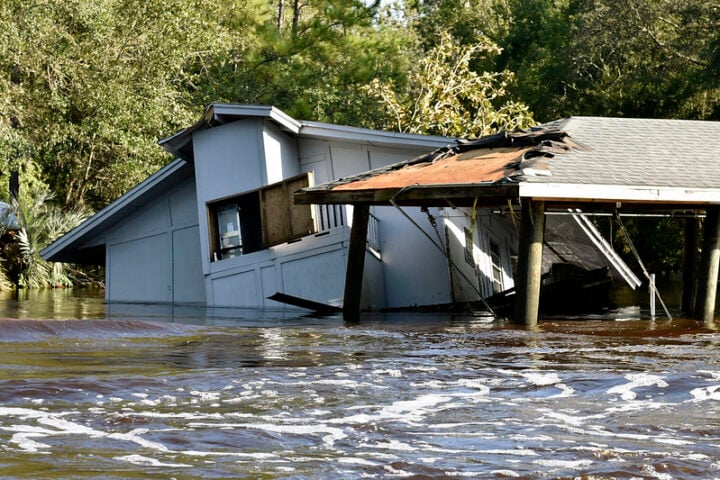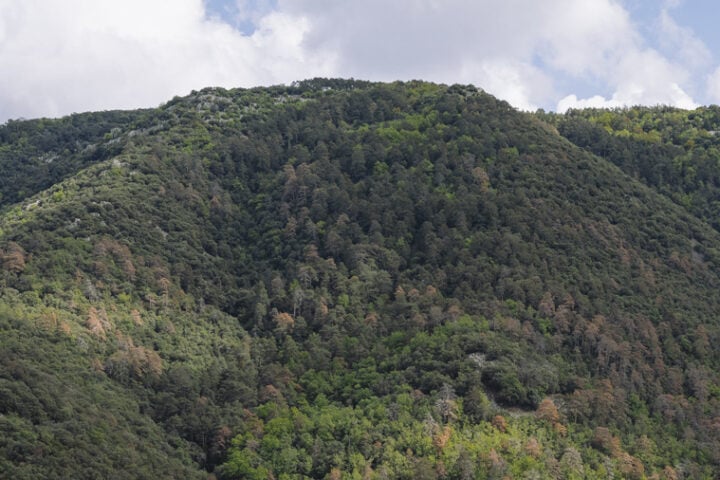Researchers J. Aaron Hogan and Jeremy W. Lichstein conducted a thorough review of data from the U.S. Forest Service that illuminated the significant and varied effects of climate change on forests throughout the country. The study, which was published in the Proceedings of the National Academy of Sciences, looks at forest production over a 21-year span from 1999 to 2020, which is an important indicator of the health of forests. A dataset with 113,806 observations from non-plantation woods was used by the researchers, giving their analysis a solid basis.
A glaring regional disparity in forest productivity is found by the study. There has been a discernible drop in forest production in the Western United States, an area hit hard by severe effects of climate change, including rising temperatures, droughts, wildfires, and disease outbreaks. This conclusion runs counter to the widespread belief that forests constantly improve their capacity to store carbon. Due to these severe conditions, tree growth rates are slowing down in the Western woodlands, which is causing more ecosystem carbon loss. Reduced precipitation exacerbates this issue and lessens the woods’ ability to absorb carbon dioxide.
Eastern U.S. woods, on the other hand, are reacting differently. In this area, the effects of climate change have been less severe, and the study notes a little acceleration in forest growth. This implies that the region’s woods can still effectively absorb carbon dioxide and balance some of the carbon emissions caused by people.
Similar Posts
The researchers emphasize how many interrelated factors affect forest productivity in a complex way. Certain factors, like droughts and forest diseases, have a negative impact on production, but other factors, like elevated carbon dioxide levels, may actually help plants grow by promoting photosynthesis. The delicate balance between the beneficial and negative effects of climate change on forests is highlighted by this dual effect.
These discoveries have important broader ramifications. According to the study, trees’ capacity to store carbon is not evenly distributed and is being endangered by climate change. This casts doubt on the notion that trees’ continuous absorption of carbon will lessen the effects of global warming. The ability of forests to trap carbon is not only diminishing but may even be reversing in areas like the Western United States and maybe other places like the Amazon.
The researchers emphasize how urgent it is to deal with this problem. They support joint initiatives between the public and private sectors to cut greenhouse gas emissions and quickly reach net-zero emissions. In the absence of such measures, the depletion of forest carbon sinks may quicken the rate of climate change, highlighting the necessity of prompt and ongoing environmental policy interventions.
This important study adds significantly to our understanding of how climate change affects forest ecosystems. It was developed in partnership with Dan Johnson from the University of Florida’s School of Forest, Fisheries, and Geomatics Sciences, Kai Zhu from the University of Michigan, and Grant Domke from the U.S. Forest Service Northern Research Station. Its conclusions serve as a strong call to action to protect these essential natural resources.
